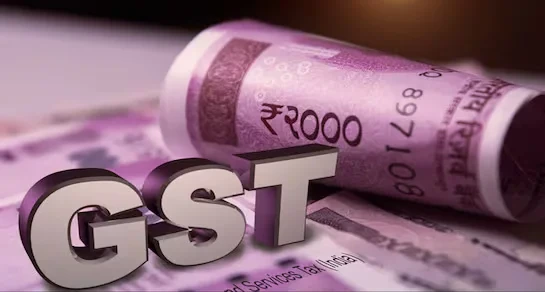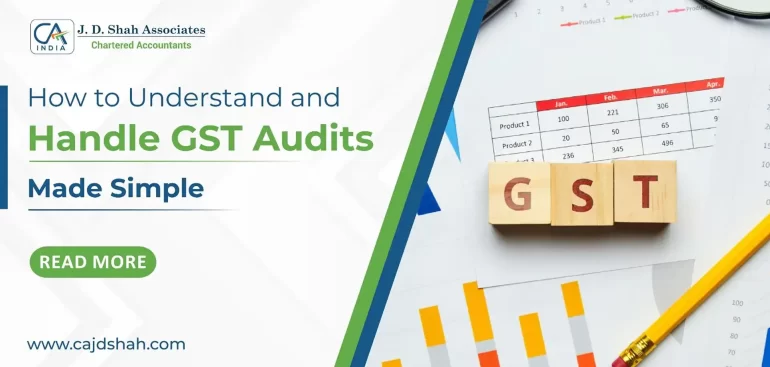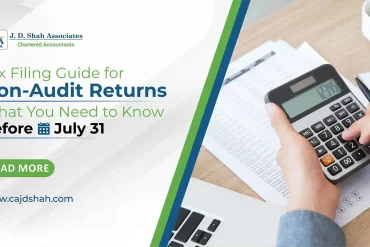( Have you ever heard adults talk about something called a GST audit and wondered what it means? Don’t worry – let’s break it down in a super simple way! )
What is a GST Audit?
Imagine your teacher checking your homework to make sure you didn’t copy, got the answers right, and followed all the rules…..A GST audit is kind of like that – but for businesses…!Businesses in India have to pay a special tax called GST – Goods and Services Tax. The government wants to make sure that these businesses are paying the right amount of tax and not making any mistakes or trying to cheat.
Virtue of the GST Act, 2017, the GST Audits are of 3 kinds, and they include Statutory Audit, Audit by Tax Authorities, and Special Audit. We will be looking in detail at each of these GST audits and the legal framework that governs them. Handling the GST Audit is not as tedious as one may presume, and it can be handled easily. It’s vital to keep in mind the various rights and obligations you, as a taxpayer, have.
Officers from the GST Department come in and check their books, bills, and papers, that’s called a GST Audit.

Different Types of GST Audits
There are three main types of GST audits as below
1. Audit by Tax Officers (Section 65)
This is when a tax officer (someone who works for the government) checks a business’s records.
- The officer must give at least 15 days’ notice before starting.
The audit must be finished in 3 months, but it can be extended up to 6 more months if needed.
2. Special Audit (Section 66)
If something looks fishy (like prices that don’t seem right or tax amounts that are too high or low), a senior officer may ask for a Special Audit.
- This is done by a chartered accountant or cost accountant (special experts) chosen by the government.
- They have to finish their checking in 90 days, though this can also be extended if there’s a good reason.
3. Statutory Audit (Now Removed)
There used to be another audit called Statutory Audit under Section 35(5), it’s no longer required since August 2021. So we don’t worry about that one anymore!
How to Get Ready for a GST Audit – Step-by-Step!
Let’s imagine your business is getting a GST audit. Here’s how you can prepare like a pro:
Before the Audit
- Review all your GST return papers (like homework for your business!).
- Make sure all bills, invoices, and tax claims are correct.
Get your documents organized and ready.
During the Audit
- Make sure you got an official notice about the audit.
- Have someone from the business be the main contact person.
- Always respond in writing or in recorded meetings – no casual chatting!
If it seems tricky, get help from a tax expert or lawyer.
After the Audit
- Read the audit results carefully.
- If something looks wrong, you can explain or give more documents.
- If you owe tax, pay it with interest so you don’t get fined.
If you still don’t agree, you can appeal under Section 107 of the GST Act (kind of like asking the teacher to recheck your test!).

What Are Your Rights and Duties?
During the audit:
- The officers can ask to see your records.
- You must help them with whatever they need to finish the check.
But remember, they must also treat you fairly and follow the rules.
Final Thoughts
GST audits might sound scary at first, but they’re really just a way for the government to make sure taxes are paid properly. As long as businesses keep things honest and organized, there’s nothing to worry about!
![]()




